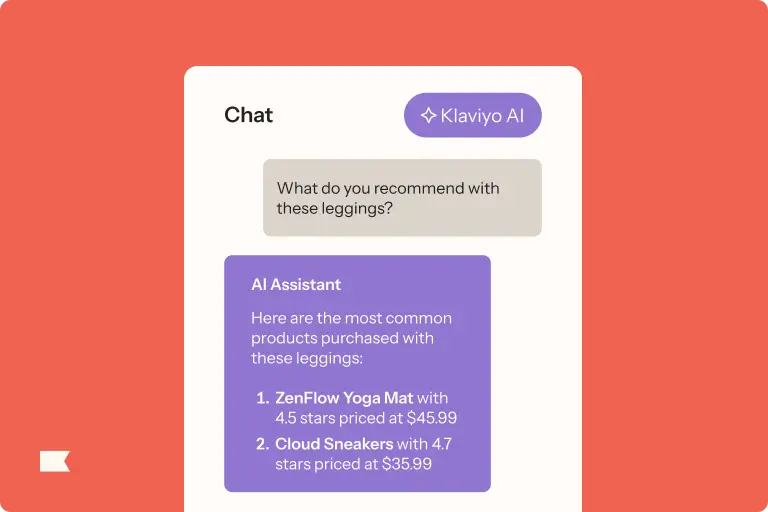The agentic commerce front is rapidly expanding before our eyes—and it’s not just OpenAI leading the way anymore.
This week, Perplexity announced a partnership with PayPal and Venmo that allows users to discover and buy products directly within its AI assistant across web, mobile, and the new Comet browser. The move follows PayPal’s integration with OpenAI’s ChatGPT, further cementing what we described earlier as the rise of agentic commerce: the ability for consumers to shop through AI-powered assistants that can browse, compare, and now, transact.
By making its shopping feature free for all U.S. users, and integrating with PayPal, Shopify, and BigCommerce, Perplexity is accelerating the shift toward AI-driven shopping at scale.
Agentic commerce is expanding fast
Until now, OpenAI’s launch of agentic commerce in ChatGPT with Instant Checkout was the clearest signal that conversational shopping had entered its next phase, giving users the ability to discover products and complete purchases directly within chat.
Perplexity’s latest move shows this functionality will no longer be unique to a single conversational AIinterface; it’s becoming an industry-wide movement.
According to Klaviyo’s Global AI Shopping Index the vast majority of consumers have used AI for shopping or product research in the past three months and 65% expect it to be a normal part of the online shopping experience by 2026.
For consumers, that means faster, more contextual, and more personalized shopping. For marketers, it means a new kind of channel built on intent, not impressions.
Bridging AI discovery to owned channels
As more consumers use AI assistants like Perplexity and ChatGPT to research and shop, brands need to think about what happens next. How do you capture that intent and build a relationship?
At Klaviyo, we are helping brands make that connection by bringing LLM-driven traffic into the same ecosystem as email, SMS, and onsite engagement. Just as marketers once adapted to mobile and social commerce, this is the next evolution. The difference now is that it’s conversation-first, and success will depend on how well brands merge this emerging channel with their owned data strategy.
As marketers think about how to prepare for the rise of agentic commerce, the first step is awareness: recognizing that your products may already be visible in these AI-driven environments. The second is measurement.
Shopify and PayPal automatically pass referral data to Klaviyo, allowing marketers to track LLM-origin traffic using source parameters.Once that data flows into Klaviyo, marketers can start segmenting and personalizing for these high-intent shoppers.
These consumers have already done their research and narrowed their options. They’re no longer browsing—they’re buying. Follow-ups should feel like a continuation of the conversation rather than a retargeting campaign.
The future of ownership in the world of agentic commerce
The convergence of AI, commerce, and payments is accelerating. OpenAI, Perplexity, along with PayPal, Shopify, and other ecosystem players, are laying the groundwork for AI-native shopping experiences that are reshaping how consumers discover and buy.
For marketers, that’s encouraging news. The platforms are building the infrastructure—integrations, catalogs, and payment rails—to make your brand discoverable in AI. But your role remains essential: ensuring that when AI introduces a new shopper to your brand, you can capture that intent, collect that data, and convert it into loyalty.
Each new partnership between an AI assistant, a commerce platform, or a payment provider brings us closer to a world where shopping happens through conversation, not clicks.
But no matter how agentic commerce evolves, owned channels will always matter because they’re the only ones where brands can fully control the customer experience. That is why Klaviyo’s focus remains on helping brands turn these new AI-driven discovery moments into loyalty by connecting discovery in AI with retention and revenue in owned channels.




